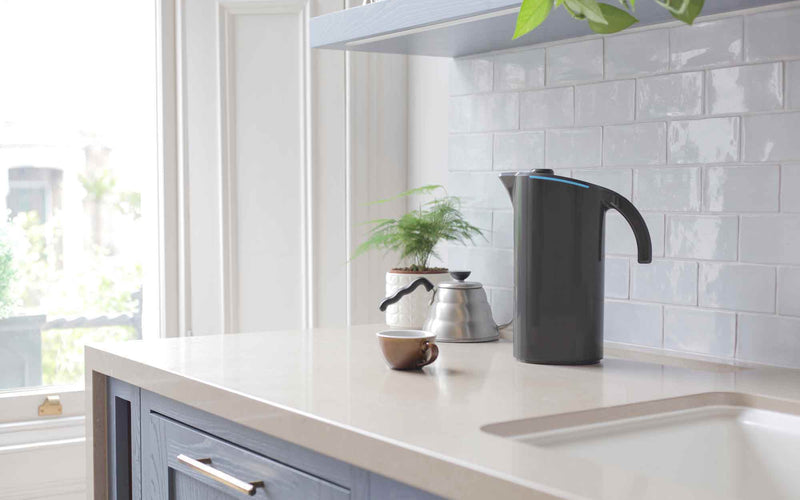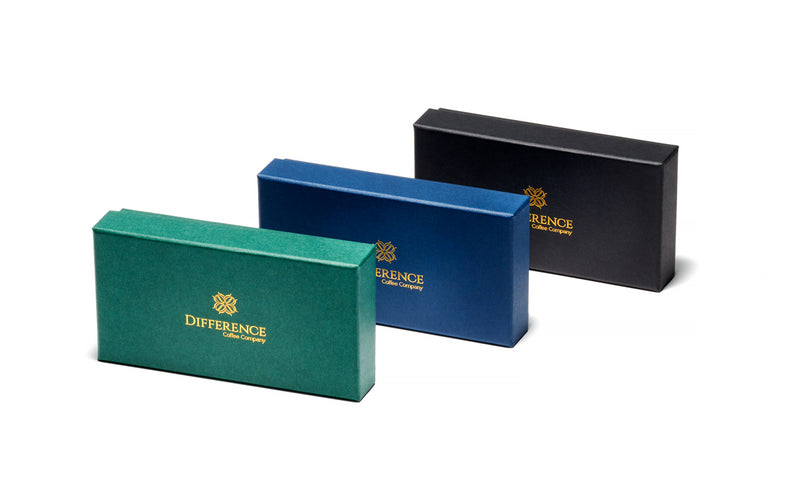As a discerning coffee drinker, you probably put quite a bit of thought into the type of coffee you buy, the machine you use and its various settings, even the kind of coffee cup you prefer. But have you ever considered whether you’re using the best water for coffee brewing? After all, every cup of coffee brewed from a nespresso compatible capsule is 95 percent water, and its characteristics can make a huge difference in the quality of the brew.
THE BEST WATER FOR COFFEE BREWING
The major consideration concerning water for coffee brewing is softness. The Specialty Coffee Association’s water standards give an ideal target as water with the following characteristics: no odour or colour; zero chlorine; a pH of 7.0; alkalinity of 40 ppm; and calcium hardness of 50-175 ppm CaCO3. Unless you’re interested in researching water chemistry, all you need to know is that the ideal water for brewing coffee is clean, soft and free of chlorine.
SOFT VS HARD WATER
Water softness versus harness refers to the concentration of ions, particularly calcium and magnesium, present in water. Hard water has a higher concentration of minerals, while soft water has a lower concentration. Most tap water in the UK is in an intermediate range, but it varies by region.
When it comes to making coffee, hard water is inferior because its high mineral content mutes the flavours of coffee. (Note that hard water is also worse for your coffee machine because it causes greater limescale build-up.) Soft water makes better coffee due to its lower concentrations of minerals.
BOTTLED WATER VS TAP WATER
Many coffee drinkers assume that using bottled water in their coffee machine will produce a better drink. This is only partially true. Bottled water is clean and free of chlorine, which does make for better-tasting coffee. However, most bottled waters have either a very high concentration of minerals (i.e. they are very hard) or close to no minerals at all. Bottled water with no minerals isn’t ideal because a small amount of minerals brings out the best coffee flavour.
The ideal water softness level is hard to find in bottled water, but there are a few brands that fall in the soft range and make excellent coffee. Check the labels on bottled water for their minerality levels, which are usually measured in mg/l and called “TDS” or “dry residue.” Choose a water with minerality in the range of 50 to 157 mg/l. The brand we always recommend for brewing coffee (with a minerality of 130 mg/l) is Volvic.
OTHER OPTIONS
Unless you’re lucky enough to have soft tap water – in which case your coffee probably tastes great already – there are a few other options. You might be able to improve the quality of your coffee by using charcoal-filtered water. An inexpensive, easy-to-use charcoal filter, such as Peak Water Jug or tap-mounted filter, removes chlorine, odours and some of the minerals from tap water. You might also have a plumber install a filter underneath the sink for an unlimited supply of clean, chlorine-free, softened water.
Another option is to use distilled or reverse osmosis water (which has all minerals removed) treated with a mineral additive. This method can produce the ideal water softness for coffee, but it does take a little effort. You can buy a mineral additive such as Third Wave Water and follow the instructions or find a DIY recipe for a mineral additive.
READY TO MAKE A WATER SWITCH?
Scientists and the experts at the Specialty Coffee Association have determined that soft water makes the best coffee, and we suggest you follow that advice. If you’re perfectly happy with your current coffee, whether it’s made with tap, filtered or bottled water, then stick with it. If you feel your coffee could be better, try switching to Volvic or experimenting with filters or re-mineralized distilled water. It could make a big difference.
Now, while you enjoy your newly improved cup of coffee, why not try these six other coffee brewing tips?







